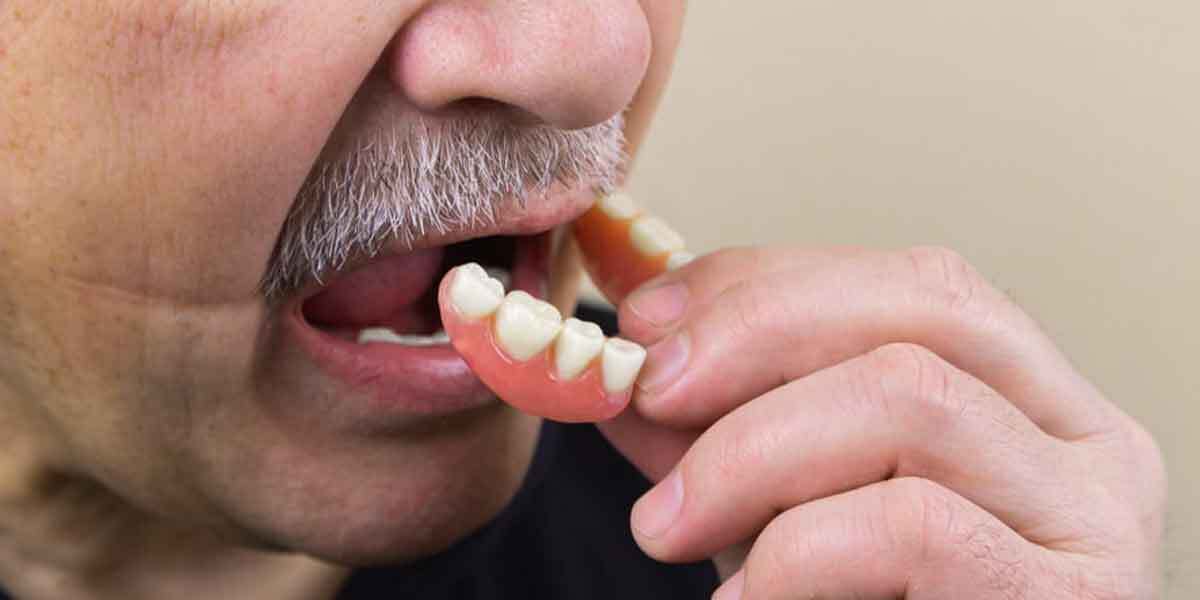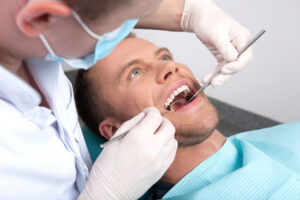Author: nearmedental
Dentophobia (also known as odontophobia) is a fear of dentists that affects people of all ages. It links to iatrophobia (fear of doctors) and trypanophobia (fear of needles) in the past. Dental phobia can be minor or severe, and it can lead to serious health problems in the long run.
Dental Phobia Types
Dental phobia relates to several factors. Most people who have this phobia are afraid of more than one element. Yet, those who have severe dental phobia may be afraid of all or most of them.
- The Dentist: “The dentist,” like doctors, IRS auditors, and others in dreaded professions. It is frequently portrayed as cold and unfeeling at best and cruel at worst. If you’ve had a bad personal experience with a dentist, you’re more likely to develop this fear.
- Pain: Completely painless dentistry was difficult or impossible to achieve until recently. Even today, some operations may cause slight discomfort. Many people are hypersensitive to mouth pain and are concerned that it would be terrible.
- Numbness or Gagging: Some people stay terrified of having their mouths numbed. These are if they have previously suffered choking or trouble breathing. You could have concerns that you won’t be able to breathe or swallow.
- Smells and sound: Many people, especially those who have had unpleasant experiences with dentists in the past, worry about the sounds and odors of a dentist’s office.
- Needles: If you’re frightened of needles, you might stay terrified of the injections that dentists use to numb the mouth.
Dental Phobia Complications
Dental health varies from person to person, whether due to heredity or behavior. Some people can go years without seeing a dentist, with little or no effect on their teeth or gums.
However, no matter how they brush and floss, others are vulnerable to tooth decay and gum disease. Dental phobia can have severe effects on your life if you are not one of the fortunate few.
Tooth decay gets worse with time. Small cavities that were once filled can result in damaged and decaying teeth. It thus necessitates costly and invasive root canal therapy and reconstructive work. As a result of this information, you may be even less reluctant to seek help, creating a vicious cycle.
We must have clean, healthy, and gleaming teeth in today’s environment. You may face social stigma if yours become damaged and rotting as a result of decay and neglect. Particular employment may become challenging to get. Your dating life may get disrupted, and your friends may begin to gossip about you. Isolation, depression, social anxiety, and even social withdrawal might result as a result of this.
Dental disorders can cause infection in some situations. If the infection is not treated, it could spread and create medical problems. Also, pain is a common side effect of dental phobia, as infected tissues also ache.
Dental Phobia Treatments
Mild dental phobias are best alleviated by visiting the Dentist rather than avoiding it. If you need extensive dental work, you might request to get sedated so that you are not awake during the procedure. While it is not standard practice, in many practices, you may be able to find a dentist that is willing to accommodate your sedative needs.
In contrast, going to the Dentist is much easier said than done if you have a real phobia. Dental phobia, like other phobias, may link to an anxiety disorder, necessitating a mix of therapy and drugs.
- Exposure therapy: It is a sort of psychotherapy and is one of the most effective treatments for dental anxiety. It is because it entails more frequent visits to the Dentist. You may begin by going to the Dentist without sitting down for an examination. Then, as you become more comfortable, you can increase your visits with half exams, X-rays, and cleanings until you’re ready to commit more.
- Medications: Medications alone will not cure dental phobia. In contrast, certain anti-anxiety drugs may help you feel better while you’re doing exposure therapy. These can also help with some of your phobia’s more physical symptoms, such as high blood pressure.
How to Stay Calm?
Whether you’re ready to confront your fear head-on or are preparing for exposure therapy to see the Dentist, the following ideas can help you stay calm throughout your visit:
- Visit the Dentist during a less busy time of day, such as early in the morning. There will be fewer people, but there will also be fewer tools generating noises that may cause anxiety. Additionally, the longer you wait to see your Dentist, the more anxious you will become.
- To help you relax, bring noise-canceling headphones or earbuds with music.
- Make arrangements for a friend or loved one to accompany you to your appointment.
- To calm your tensions, practice deep breathing and other meditation practices.
Above all, remember that it’s pretty acceptable to take a break at any time during your visit. Establishing a “signal” with your Dentist ahead of time can assist them in knowing when to stop.
When you’re ready, you can either continue your visit or return another day when you’re feeling better.



